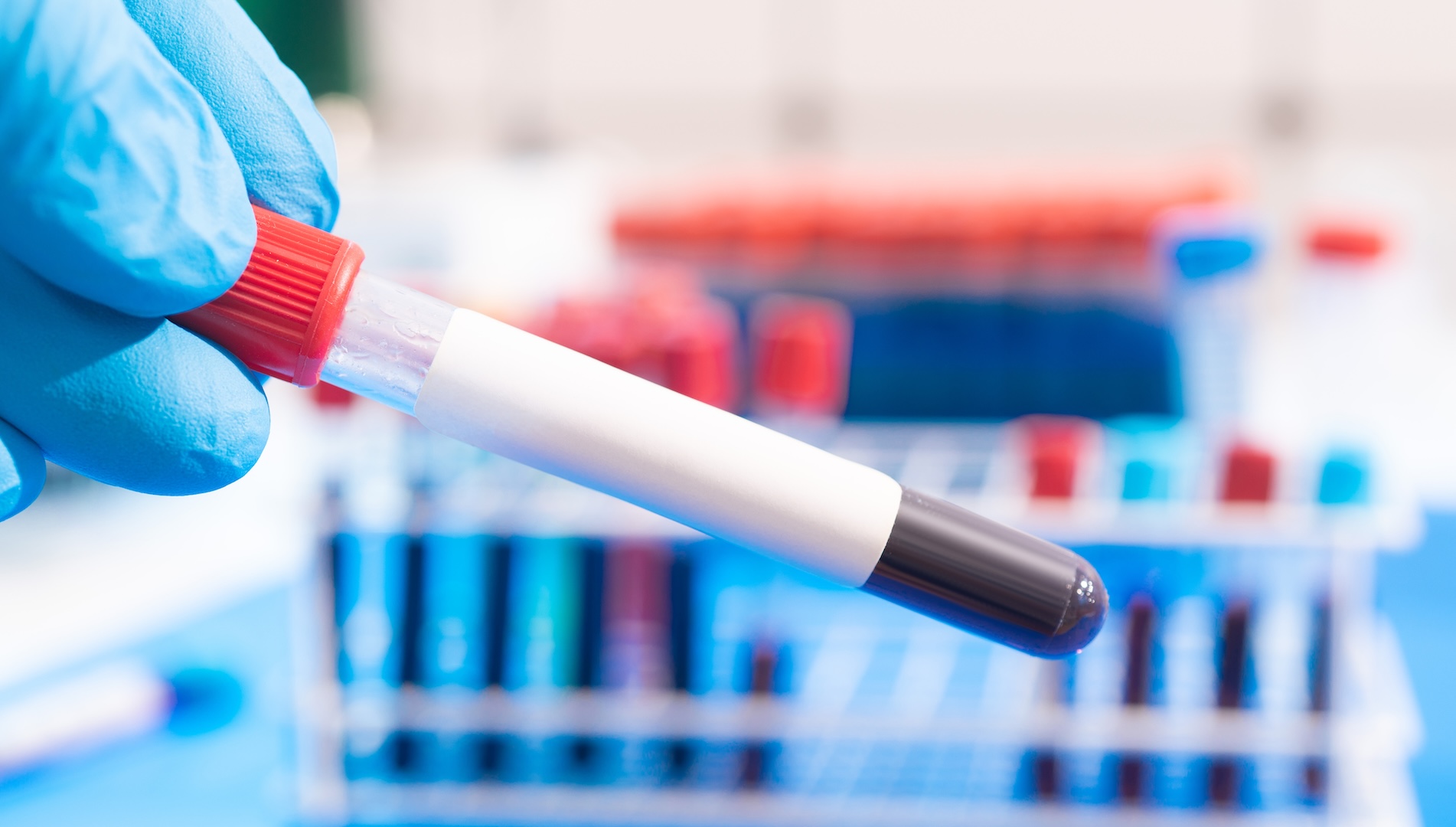Bangalore, India – July 31, 2025:
In a landmark achievement for global medical science, a team of Indian researchers based in Bangalore has discovered a completely unknown blood group, now officially named ‘Cromer India’. This unprecedented medical breakthrough is being hailed as a first in the world and could reshape the future of transfusion medicine, genetic diagnostics, and personalized treatment.

The discovery was made when a 38-year-old woman from Kolar district, Karnataka, was admitted to a hospital in Bengaluru for cardiac surgery. Initially categorized as O Rh-positive, her blood was expected to be compatible with standard O+ donor units. However, during routine pre-operative cross-matching, doctors found that her blood was incompatible with all available O+ donor samples, raising a red flag and prompting further investigation.
After detailed serological testing and genetic analysis, researchers confirmed that the woman carried a previously unidentified blood group variant that did not align with any known antigen patterns—even within the rare Cromer blood group system. This unique variant has now been officially documented as ‘Cromer India’, in honor of its discovery within Indian borders and its association with the Cromer system.
“This is the first known case globally where a completely new Cromer blood antigen was found, making this a significant addition to transfusion science,” stated Dr. Pradeep Nair, the lead hematologist on the case.
The Cromer blood group system itself is exceptionally rare, and adding a new variant to this family is extremely uncommon. The discovery has been published in medical journals and is drawing international attention from hematologists, geneticists, and immunologists.
The implications of this discovery are profound—not only for the patient’s immediate care but also for blood banks, donor registries, and genetic counseling worldwide. It highlights the urgent need for improved rare blood databases, especially in countries with genetically diverse populations like India.
Medical authorities, including the Indian Council of Medical Research (ICMR), are now working with international bodies such as the World Health Organization (WHO) to explore broader screening and registry systems that can accommodate such rare blood profiles in the future.
Conclusion:
The identification of the Cromer India blood group stands as a moment of pride and scientific progress for India. It emphasizes the importance of precision medicine, advanced testing, and the genetic uniqueness found across different populations. As the global medical community studies this rare discovery further, it opens up promising new paths in transfusion safety, genetic diagnostics, and immunohematology.
